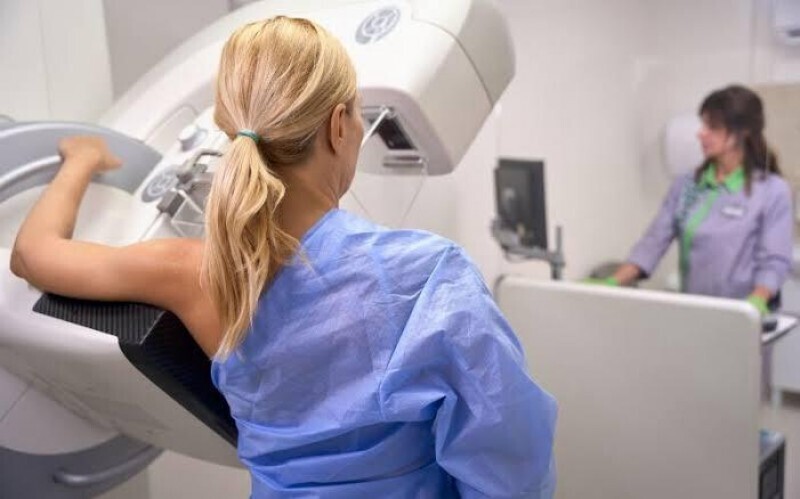
Recent investigations have revealed that there are various risk factors associated with the development of breast cancer. Experts have identified that some of these factors are modifiable, such as lack of physical activity, overweight or obesity after menopause, hormone consumption, pregnancy at an older age, lack of breastfeeding, and absence of full-term pregnancies. Excessive alcohol and tobacco consumption are also included in this list.
On the other hand, studies have shown that there are non-modifiable risk factors, such as genetic mutations, early onset of menstruation and late menopause, breast density, certain non-cancerous breast conditions, family history, previous radiation therapy treatments, and, in some cases, exposure to certain medications like diethylstilbestrol (DES).
According to a meta-analysis conducted by the Harvard Medical School, women can reduce their likelihood of developing breast cancer by up to 12% if they incorporate activities such as walking, cardiovascular exercises, or yoga into their daily routine. This study highlights the importance of adopting healthy habits to reduce the risk of this disease.
Additionally, research backed by the National Cancer Institute of the United States found that daily consumption of whole cow's milk is associated with a greater risk of developing breast cancer. According to the study, consuming between 1/4 and 1/3 cup per day increased the odds by 30%, while one cup daily raised the risk by 50%, and 2 to 3 cups were associated with an 80% higher risk.














